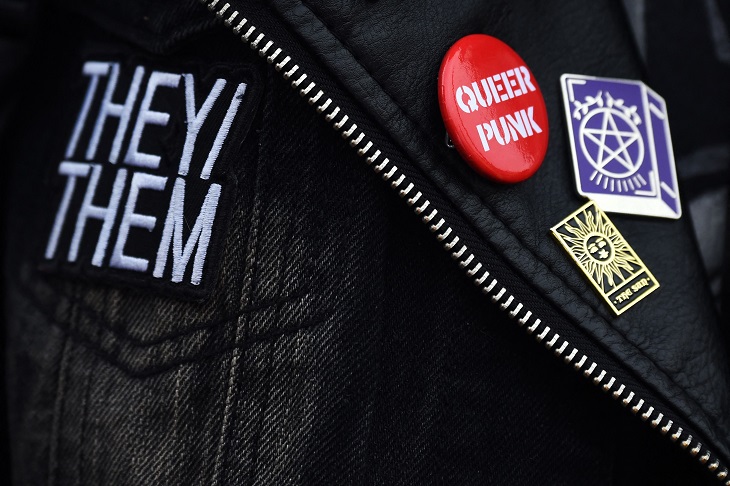The task of the common law system is not the pursuit of truth, but the arbitration of the adversarial disputation of the truth. In a post-modernist world where truth is personal and experienced, the common law court system is the last stronghold of dispassionate inquiry into the truth. The court’s role in that system is to hold fairly the balance between the contending parties without itself taking part in their disputations.
Already a subscriber? Log in
Subscribe for just $2 a week
Try a month of The Spectator Australia absolutely free and without commitment. Not only that but – if you choose to continue – you’ll pay just $2 a week for your first year.
- Unlimited access to spectator.com.au and app
- The weekly edition on the Spectator Australia app
- Spectator podcasts and newsletters
- Full access to spectator.co.uk
Or


























Comments
Don't miss out
Join the conversation with other Spectator Australia readers. Subscribe to leave a comment.
SUBSCRIBEAlready a subscriber? Log in